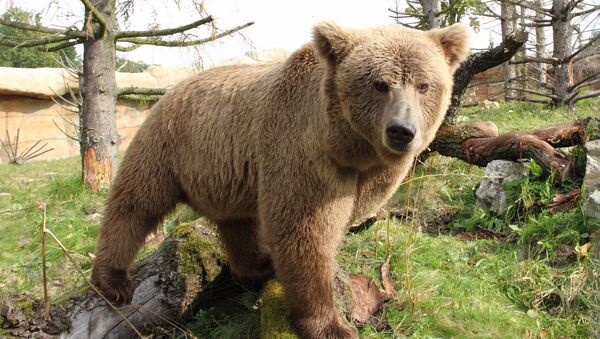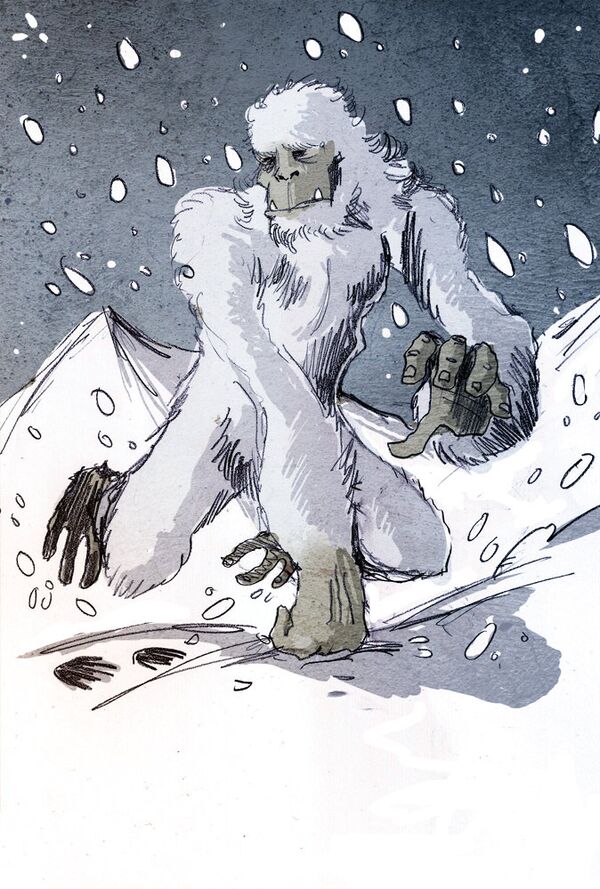The legend of the Yeti, a primate with human and animal characteristics reputed to roam the mountains of the Himalayas and the Tibetan Plateau, has fascinated and frightened people for centuries.
There have been numerous reported sightings of the creature, as well as claims that certain remains scattered across the region belong to Yetis.
Anecdotal evidence has suggested that the sightings could be explained by local bears, but until now there has been little evidence to back up the theory. However, a 2014 study found that two Himalayan samples, from Ladakh, India and Bhutan, which had been reputed to belong to ancient Yetis, had their closest genetic relationship with a Palaeolithic polar bear.
In an effort to finally solve the mystery, a team of scientists have tested 24 samples, including hair, tissue, bone and feces, of purported "Yetis" and brown bears which lived in the Tibetan Plateau–Himalaya region. Their results were published Wednesday in the Proceedings of the Royal Society B journal.
Of the nine samples attributed to Yetis, the scientists found that eight were actually from various species of bear: Asian black bears, Himalayan bears or Tibetan bears. The remaining sample, a tooth which was on exhibit at the museum of mountaineer Reinhold Messner in the Tyrolean Alps, was found to belong to a domestic dog.
READ MORE: Ancient Skull From China Could Rewrite History of Human Evolution
By studying the different kinds of bear DNA, the scientists also discovered that the Himalayan bear was one of the first species of brown bear to split from the common lineage, while Tibetan brown bears diverged much later.
"Our findings strongly suggest that the biological underpinnings of the Yeti legend can be found in local bears, and our study demonstrates that genetics should be able to unravel other, similar mysteries," study co-author, evolutionary biologist Charlotte Lindqvist of the University of Buffalo, said.


